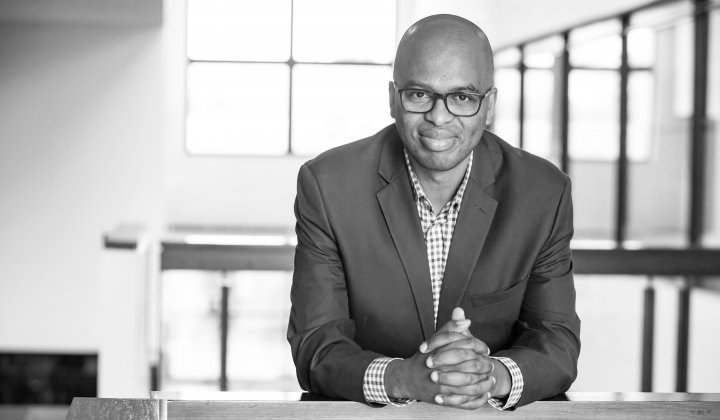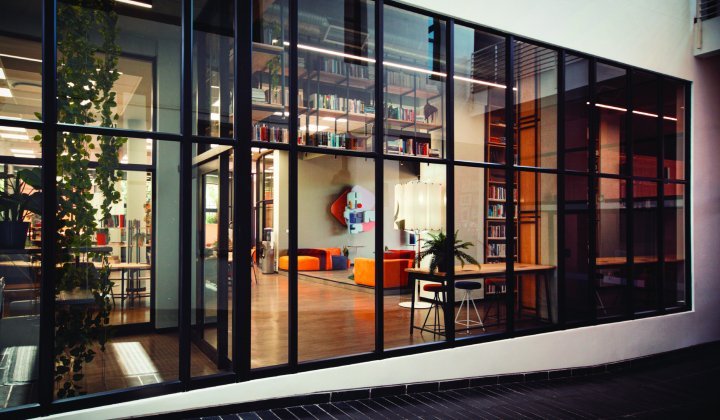British bureaucracy and Brexit blues aside, the single most important reason to spend time in transit in Heathrow Airport is to take the opportunity to browse, and sometimes buy, reasonably priced books (thanks to the generosity of HM revenue and customs who only levy VAT on digital books). Whiling away time in transit from a meeting of international deans in Vancouver, I discovered a gem of a book edited by John Brockman publisher of Edge.Org. The text is a series of essays by globally renowned thinkers on scientific concepts that can be leveraged beyond their field of origin.
A deeper read back on home soil led to the discovery of a concept called Gibbs Free Energy. Willard Gibbs (of two b’s rather than our home which only has one) was a late 19th-century scientist who studied biochemical reactions. According to the author of the essay[1], Kevin Hand (who is a planetary scientist at Jet Propulsion Labs), Gibbs free energy is the energy in a biochemical reaction that is available to do work. Hand explains that “it’s the energy left over after producing some requisite waste heat and a dollop or two of entropy. This energy… is harnessed by biological systems for activities like making repairs, growing and reproducing”.
Whilst a “dollop or two of entropy” might sound like an overly glib way to describe South Africa’s lost years (whether under the Zuma administration or extending much further back in time), the understanding of how a system moves from order to disorder is the stuff that is being revealed with every day that passes in one of our many Commissions of Enquiry, Scorpion investigations or court proceedings. It’s depressing and de-energising but must emerge if we are to find some means to prosecute perpetrators and, perhaps more importantly, to learn how both state and private sector should not function.
Although it’s tempting to become preoccupied with entropy, Hand exhorts us to think more about how we can harness the concept of Gibbs free energy more broadly. He writes of how biological systems can be mapped as landscapes of reactions and pathways to harness energy – a phenomenon he refers to as the Gibbs Landscape. He encourages us to imagine any given “city, country or continent overlain with a map of energy available to do work”.
Africa’s opportunities to harness the Gibbs Landscape extend way beyond her availability of natural renewable resources that can be harnessed to produce energy. Our continent’s youthful population represents the world’s largest untapped human resource in a global Gibbs Landscape. The potential energy of Africa’s citizens can make a much-needed contribution but they need to be served by governments committed to providing them with opportunities to live in safe and healthy environments where they have access to opportunities and the means to leverage these.
Technology affords us new keys to unlock Africa’s Gibbsian landscape. We now have the opportunity and the methods to do so much that we could only dream of a decade ago. With the right investments in technological infrastructure on the part of both business and governments, coupled with concerted efforts to cut through swathes of bureaucratic red tape, we can shift prosperity. The means to educate at scale, rapidly connect previously disconnected suppliers and buyers, reach remote communities with healthcare, track agricultural environments to optimise yields and fight disease and monitor cities to enhance citizen safety lie well within our grasp. The identification of such opportunities is in its infancy and limited only by our imagination.
Our job as business is to look with fresh eyes at pockets of Gibbs energy and, in a humane way, respond to Hand’s exhortation to visualise untapped capacity to embark on the essence of work that systems must do. We need to focus on making repairs, enabling growth and creating a better place for current and future generations.
1. Hand, K., The Gibbs Landscape in Brockman, J. (2012), This will make you smarter. Random House



